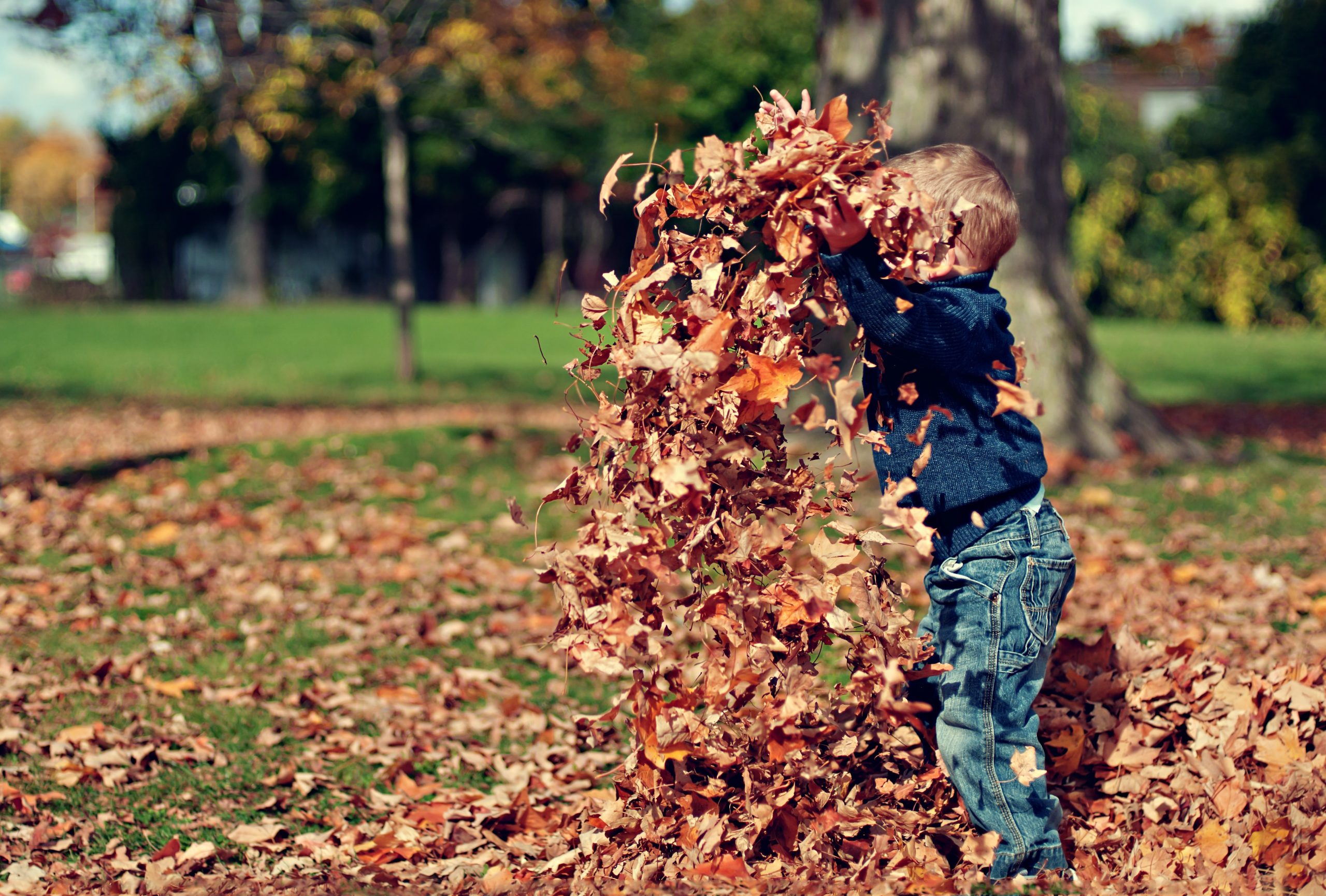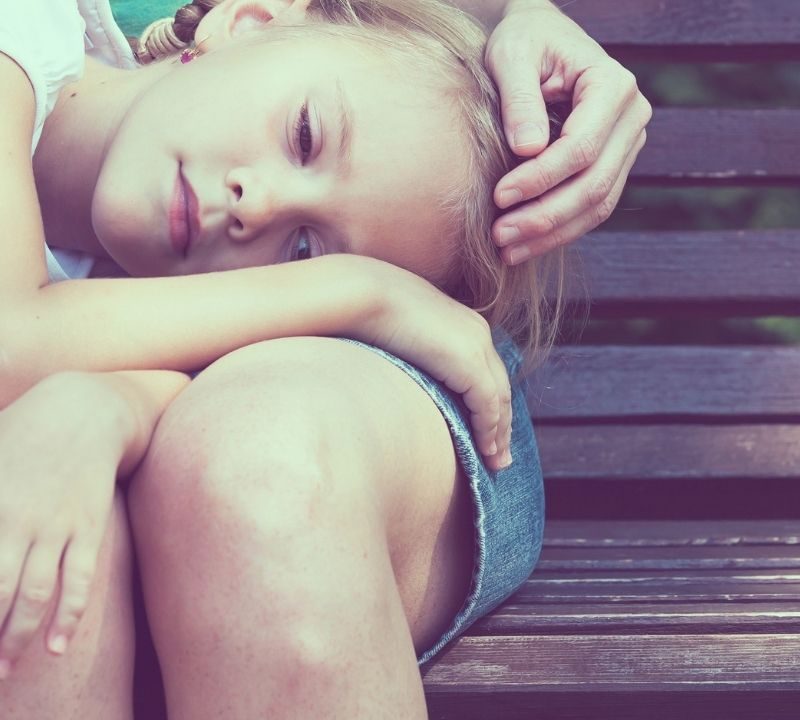
Children aren’t well served by overprotection
18/05/2023
Play is all in a day’s work
18/05/2023Welcome to the science and art of Parenthood!

Parenting is one of the most challenging yet rewarding tasks in life. It can be compared to navigating a sailing boat through calm and sometimes stormy seas. In order for the boat to stay on course, without losing sight of the horizon, we need to have our own personal parenting compass.
This compass will guide us throughout our family life and help our children and families to thrive and flourish. Children who are given a great head start to life are more likely to be more intrinsically motivated, more resilient, optimistic, less anxious, more empathetic and are more engaged at school and have solid relationship skills.
What does this Compass look like?
Every family is unique. Taylor your compass to your own individual needs, context, vision and dreams.
20+ Things to Consider When Creating your Family Compass

Family Values. What is important to you as a family and as parents? Take a look at the list of values below, work out what is important to you and write down your values into your own family crest that will guide you when you have to make decisions in relation to your parenting style, choice of education opportunities (pre-schools, schools), setting boundaries, your support networks, media exposure, experiences you wish to provide for your children and how you want to raise your children. All your future parenting decisions will be value centred rather than child-centred. What will your unique family crest look like?
Your inherited Parenting and Discipline Style. Reflect on how you were being raised. What worked well and what did not work so well. Our parents, despite their best intentions, made mistakes. We will make mistakes on the way, too.
Children rely on firm leadership and good boundaries. Children are feeling secure when parents are in charge, when there is consistency in your parenting style and when they learn about action and consequences. Children are not your friends. They are your children. You are their parents, the leaders of the pack. Reflect on how you want to parent and not parent keeping your own experiences and value set in mind?
Understanding your children’s needs and behaviours. Our children will challenge us with unhelpful behaviour when their needs are not being met. Learn to understand their behavioural cues, how to read their needs and how to respond with calm. Truly understanding what is going on in your child’s life requires a sense of presence. This is not always possible and realistic due to other competing pressures, but when you are able to be present, be truly available to them with all your senses. Become familiar with your children’s individual love language. Reflect on how you like to be loved? Think about your own behaviour when your needs are not being met? When do you feel misunderstood and not really heard?
Connection and Presence. Forming loving, safe and solid relationships is half of the battle. Decades of research has shown that secure and safe attachment between parent and child is key to raising resilient, confident and socially competent children. Relationship-based parenting will help you cultivate lifelong strong connections with your children based on trust, love and mutual understanding. Fostering healthy connections to friends, family, a wider community, nature and to self is key. Who has been your anchor in your life? What qualities do you treasure in people who have been supporting you? Sawubena is a Zulu greeting meaning “I see you. I hear you.” Remember what it feels like when you know that you are being seen and listened to?

Self-Regulation helps with Co-Regulation. Teaching our children the importance of reflection, gratitude, mindfulness and meditation will help them to develop empathy, kindness, introspection and sound self-regulation skills. Children learn self-regulation skills from their parents. How do you respond when you are feeling overwhelmed? What are your strategies in times of challenges, stress and frustration? Do you ever take time to slow down and reflect on your blessings, your learnings, life?
Neuroplasticity. Children love learning about the brain. The earlier we teach them about how the brain works, how it affects our behaviours and emotions, the better. Children who understand what anxiety is and how to manage it will develop great coping skills in challenging situations. Providing children with diverse sensory experiences and supporting their interests from an early age helps to build strong neural connections. An environment where – play, engagement with nature, creative self-directed activities, reading, singing, exposure to different genres of music/poetry, physical activities and curiosity – is being nurtured, provides the most stimulating environment for a child. What were your favourite activities when you were a child? What do you know about anxiety?
Emotional IQ Coaching. Positive Emotions are important to healthy brain development. It is important to teach children about a wide range of emotions and equip them with a tool kit to manage unhelpful emotions and the benefits of reinforcing helpful emotions. Parents are vital in helping to organise their children’s emotions. It saves a lot of trouble in the long term. What is your personal tool kit? What are your strategies when you are being triggered? How do you express and regulate your emotions, especially strong and unhelpful ones? As parents, we need to be able to provide a safe harbour in which our children can sail back into in order to calm themselves down.
Happiness versus Wellbeing. Life presents us with a myriad of challenges, trials and tribulations. Failure is our greatest teacher which helps us to grow. Happiness is a fleeting concept and is not necessarily long-lasting, whereas a good and balanced state of wellbeing sustains us in the long run. Wellbeing is a multifaceted and holistic concept encompassing many different domains which are interconnected. It is painful to see children upset and feeling disappointed, but suffering is part of life. Parents serve their children best in teaching them how to cope with suffering, about the power of failure, growth mindset and the concept of wellbeing. How do you balance the different domains of your wellbeing? How will you teach your children about disappointments and life’s struggles?
Achievement versus “To Know Who I truly am”. Academic achievement is important BUT not the most important virtue. A holistic educational approach is key. Children who understand WHO THEY TRULY ARE, who understand their core strengths, weaknesses, motivation, innate resources, traits and who are emotionally resilient are a step ahead. It is important to value the child for who they are and not based on their achievements. This current societal approach is backfiring with rising numbers of highly anxious children. What delights us in our children? What are their innate character strengths? Using strengths-based parenting is a great tool to prevent constant nagging and falling into the negative parenting trap where we constantly attempt to fix our children’s weaknesses. What kind of legacy do you want your children to leave behind? How can they contribute to the greater good with their innate strengths?
Simplicity – Less is More. Overwhelming children with too many activities, toys and choices do not make them smarter. Quite the opposite. It makes children hypervigilant and anxious. Eliminate too many choices, media exposure, gadgets and toys. Children are happy to play just with the Tupperware containers from your kitchen cupboard. The less they have the more creative and inventive they become. Inform yourself about the harmful long-term consequences of introducing gadgets too early. Substitute gadgets for a guitar, bikes and a cubby house and see what will happen. Do you remember what your favourite toy was? How do you personally feel when you simplify your life?
Slowing Down. Childhood is precious. Children only have one shot at it. The first five years are the most formative years. Our society speeds up childhood and makes children grow up too fast to the detriment of their mental health as their foundations are shaky. Yet, hardwood grows slowly. We want to squeeze in eighteen years of development into five years. Cut down on scheduling as it prevents children from feeling overwhelmed. It saves a lot of unnecessary stress and friction amongst you and your children in lieu of cultivating more harmonious relationships that will serve your children more in the long run. Children need time to decompress and process. Children thrive on being idle, on being bored and being given time to process complex emotions and the happenings of the day.
Do you remember the days when you just played for hours and only returned home for dinner? How do you personally feel when you are being over-scheduled? Do you remember the last time you were being idle, looking at the clouds and just ‘be rather than do’?
Filter out the Adult World. Protect children from adult news and adult conversation. Their brains are not mature enough to process such complexities and the content just makes them anxious and hypervigilant. The images of an age-inappropriate movie will leave an eternal imprint on their brains. Be mindful of the rating systems and inform yourself of the content first. Switch radio news to children’s songs or audio recordings of children’s books. What could you do at home to filter out the adult world? What is your view on exposing children to TV?
Play and Nature. Although play cannot be measured in statistics and exams, it is one of the most powerful teaching tools for children, especially in the pre-school years. Decades of powerful research shows that children who have experienced solid play throughout their childhood are academically, socially and emotionally better off. Play is the key to processing events of the day and calming down the nervous system. Children who are given ample amounts of playtime are more resilient, motivated and have better social skills. It will save you a lot of costs in occupational therapy in the long term. Remember when you roamed around for hours in nature? Feeling content, joyfully exhausted and peaceful? Being engaged in nature also teaches children a sense of stewardship for our earth introducing them early to the concept of sustainability.
Nutrition and Sleep. The healthier our gut, the healthier our brain and emotional health. Children need to be physically active to develop their muscles, fine and gross motor skills. Engagement in nature, such as allowing them to climb on trees, providing children with ample amounts of sand and water play is priceless. A healthy bedtime routine with storytelling, reading and nursery rhymes and a prayer/blessing guarantees a good night sleep and makes for a great family ritual. What could this bedtime routine look like for your family?
Gratitude and Kindness. Much research has been undertaken on the power of practising gratitude, kindness and altruism. When children are getting older, feeling unseen and not being valued as parents can really push our buttons. Parents can address this by raising children with a spirit of gratitude. Be role models of practising appreciation, showing kindness and expressing gratitude on a daily basis. Celebrate the golden moments and blessings together as a family, as parents and as a couple. How do you express your gratitude to others? How often do you reflect on ‘What Went Well Today?
Spirituality and Faith. Children are innately spiritual and understand that they are part of something greater than themselves from a very young age. A personal relationship to a higher power, such as nature, God, spirit or the universe – that is loving and guiding – is essential to a child’s physical and mental health. Transcendence is prominent in the positive experiences of compassion, forgiveness, hope, and joy that we share with one another. The family becomes a sacred body. In a world of sometimes shocking and sad messages, it is important to create a home in which values cultivate a deeper and more resonant life, one with higher meaning and purpose. What makes life worth living? How do you find meaning and purpose?
Technology. Children spend on average seven hours in front of screens nowadays at the detriment of children’s development and the ability to cultivate meaningful relationships. The longer parents can hold off on technology and the use of iPhones the better for the development of the child. Introducing an I-phone too early into a child’s life is like opening up Pandora’s box. Social Media and easy access to pornography influences our children greatly, can be unsafe and needs to be carefully managed. Have a technology contract in place (obtainable through me), being clear about setting age-appropriate boundaries, child restrictions and keeping devices out of bedrooms, especially during night times. Parents need to be educated about available Apps and social media platforms. How is technology impacting your life? How do you want to keep your children safe?
Rupture and Repair. We all make mistakes and we learn from them. Learning how to repair a ruptured relationship is key and will make relationships with children much stronger. When we make time for correction, we make time for connection. Our family values will help us to guide us in this process. What is your attitude towards forgiveness? How do you practice this within your adult relationships?
Self-Compassion and Self-Nurture. There is no such thing as a perfect parent. Your intention of trying your best is good enough. Our children are our best teachers and they help us to grow to become better humans. Self-nurture and self-compassion are important. We need to look after our emotional needs first, otherwise, we will not be able to support others, including our children. What does your self-care plan look like?
Support Network. Surrounding yourself with a good support network is important. Reach out when you need help. Be vulnerable and honest. Noone has it really together and we need to let go of the pretence. It takes a village to raise a child. Parenting ought to happen in a community, not in isolation. The more people care about a child, the better.
Your adult relationship. It matters. Children are important, but so are our adult relationships. Children put a lot of pressure on our relationships. Remember that one day our children will leave us and that it will only be you two again.
How do you want to nurture your relationship? What is important to you? What kind of rituals could you put into place to make your relationship sacred?
Lastly, When children are given the safety, security, time and space to develop, they will become healthy, resilient, empathetic and well-adjusted young adults who can confidently venture out on their own and take advantage of what life has to offer. Your relationship with your children will be strong and long-lasting based on trust, love and many beautiful memories.
“It is in simple moments that we deeply connect and where the tapestry of our family life is being woven.”


